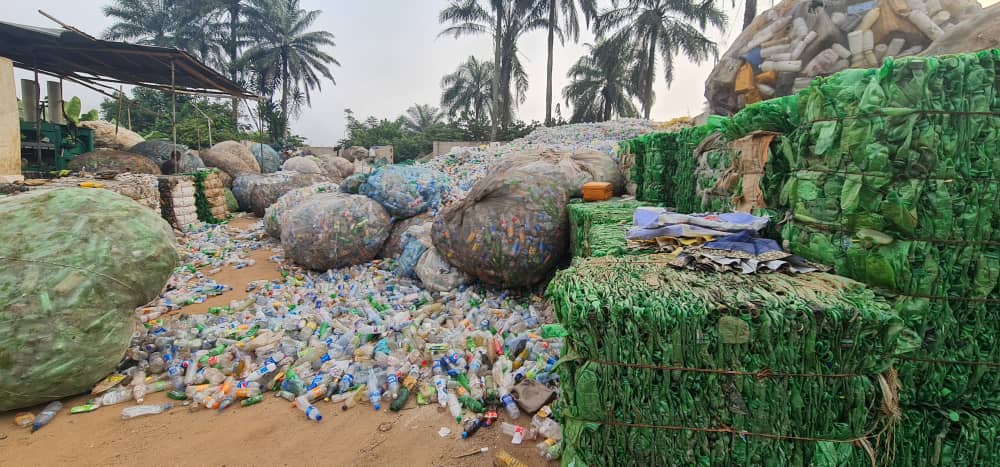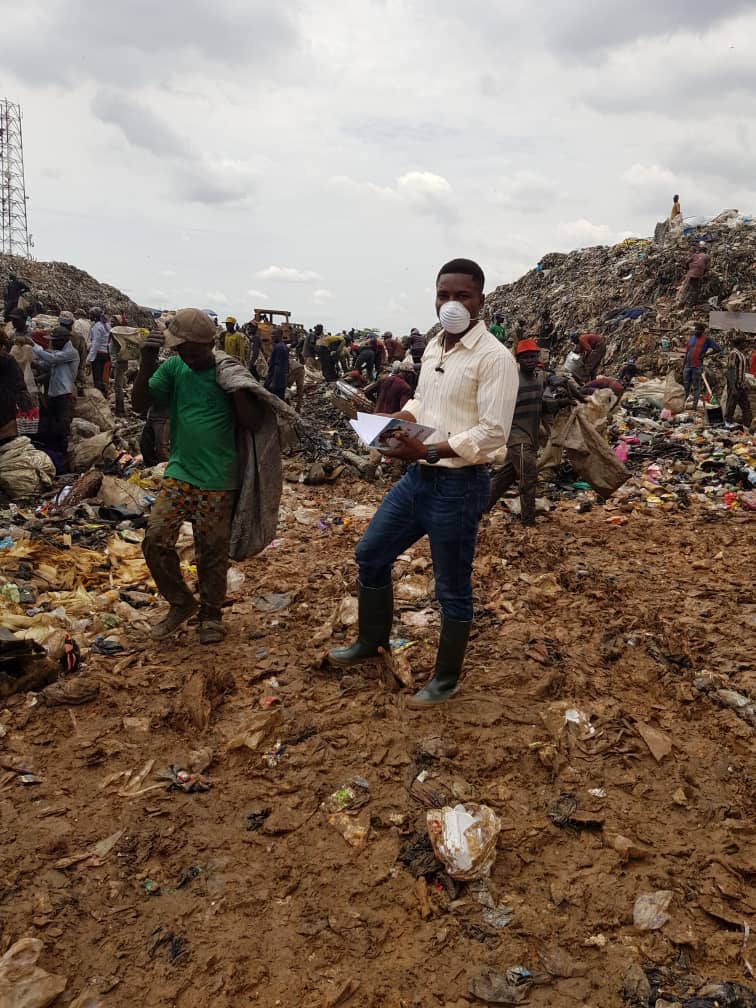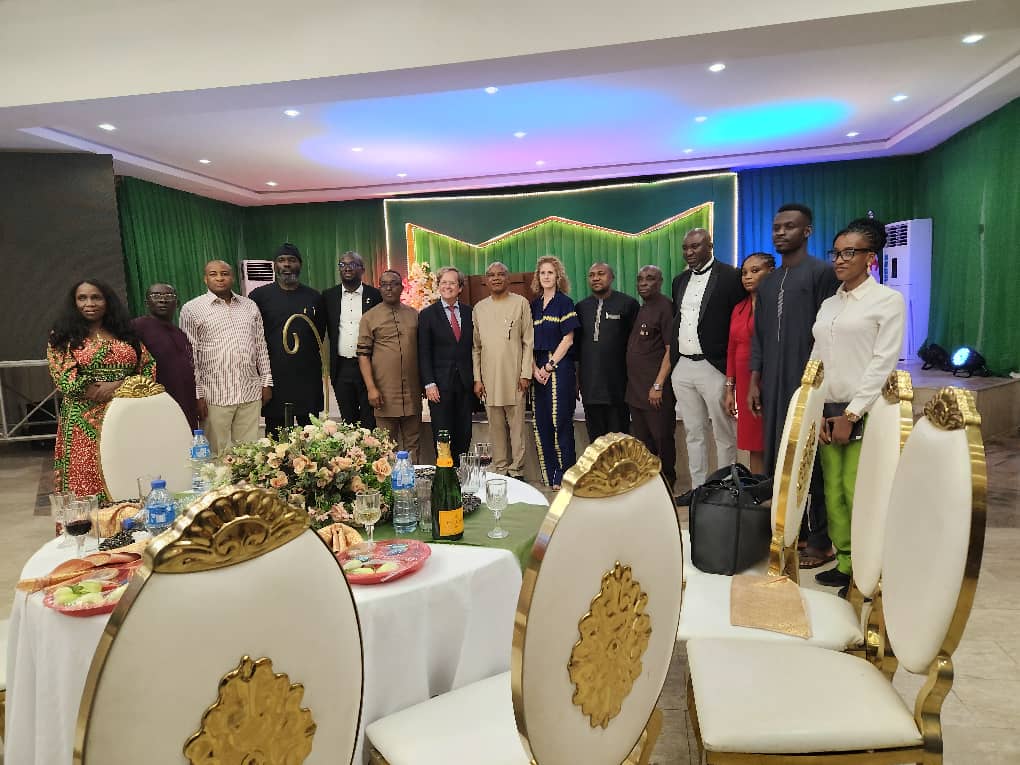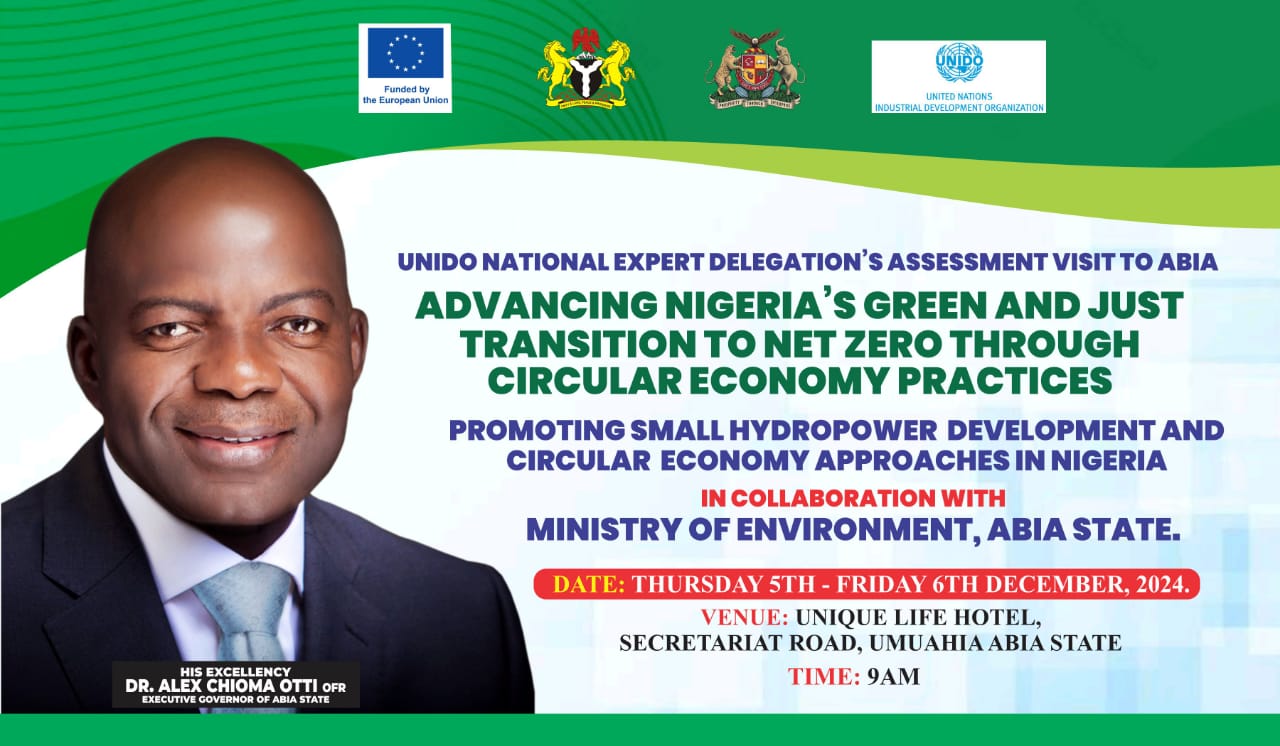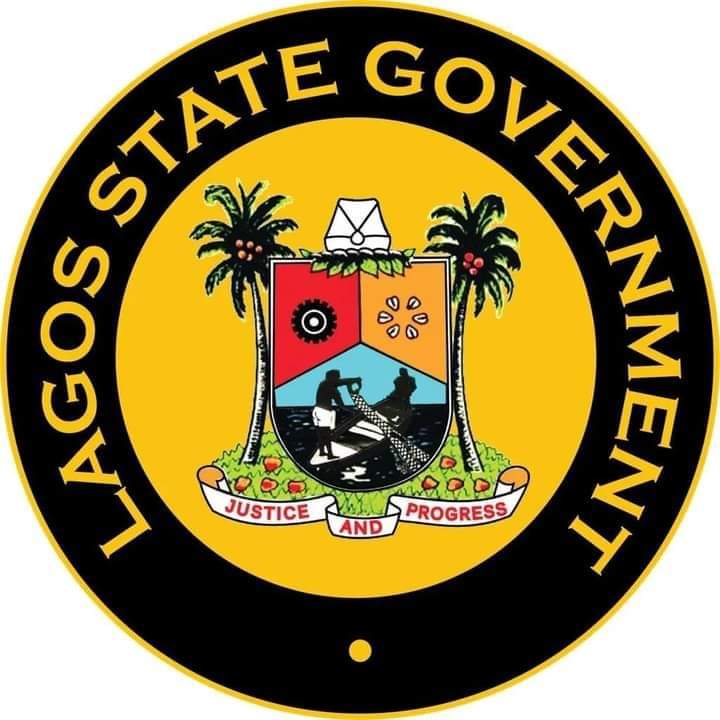Many parts of Nigeria are currently experiencing floods caused mainly by improper waste disposal. Lagos State is estimated to generate between 13,000 and 15,000 tonnes of waste daily, with about 870,000 tonnes of plastic waste generated annually.
Unfortunately, a significant portion of the plastic waste ends up in landfills or clogs drainage systems and waterways, leading to flooding. Although Nigeria imports 70 per cent of the required raw materials for plastic manufacturing, two major solutions to mitigate the escalating plastic waste crisis – recycling and upcycling – remain largely untapped.
To proffer long-term, sustainable solution to plastic waste disposal menace for a cleaner and safer environment, the French Government through the French Embassy in Nigeria, launched a plastic waste management project to help some universities in Nigeria develop innovative and sustainable project ideas to address plastic pollution.
A total of five Nigerian tertiary institutions benefited from the over N500 million fund to encourage young Nigerian researchers to develop innovative ideas to fight plastic pollution.” The beneficiaries are Yaba College of Technology, Obafemi Awolowo University, Alex Ekwueme Federal University, University of Calabar and the University of Delta.
Speaking at the official inauguration of the fund Tagged: The French Embassy Fund, FEF, Waste Management in Nigerian Campuses Project in Abuja, the Head, Cooperation and Cultural Affairs in the French Embassy, Thierry Valentin said it was part of the French Government’s global effort to encourage proper plastic waste management.
“The idea is to show the global community that the world could rid its environment of plastic waste with little or no financial resources. We had a lot of good projects but these five have been selected because they are scientific and result oriented. We want to face the huge question of plastic pollution here in Nigeria; the plan is to show with a few examples that it can work,” Valentin said, describing the project as revolutionary, saying it would benefit not only the institutions but their surrounding areas.

